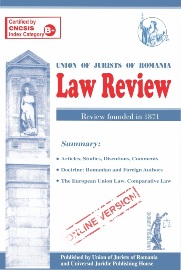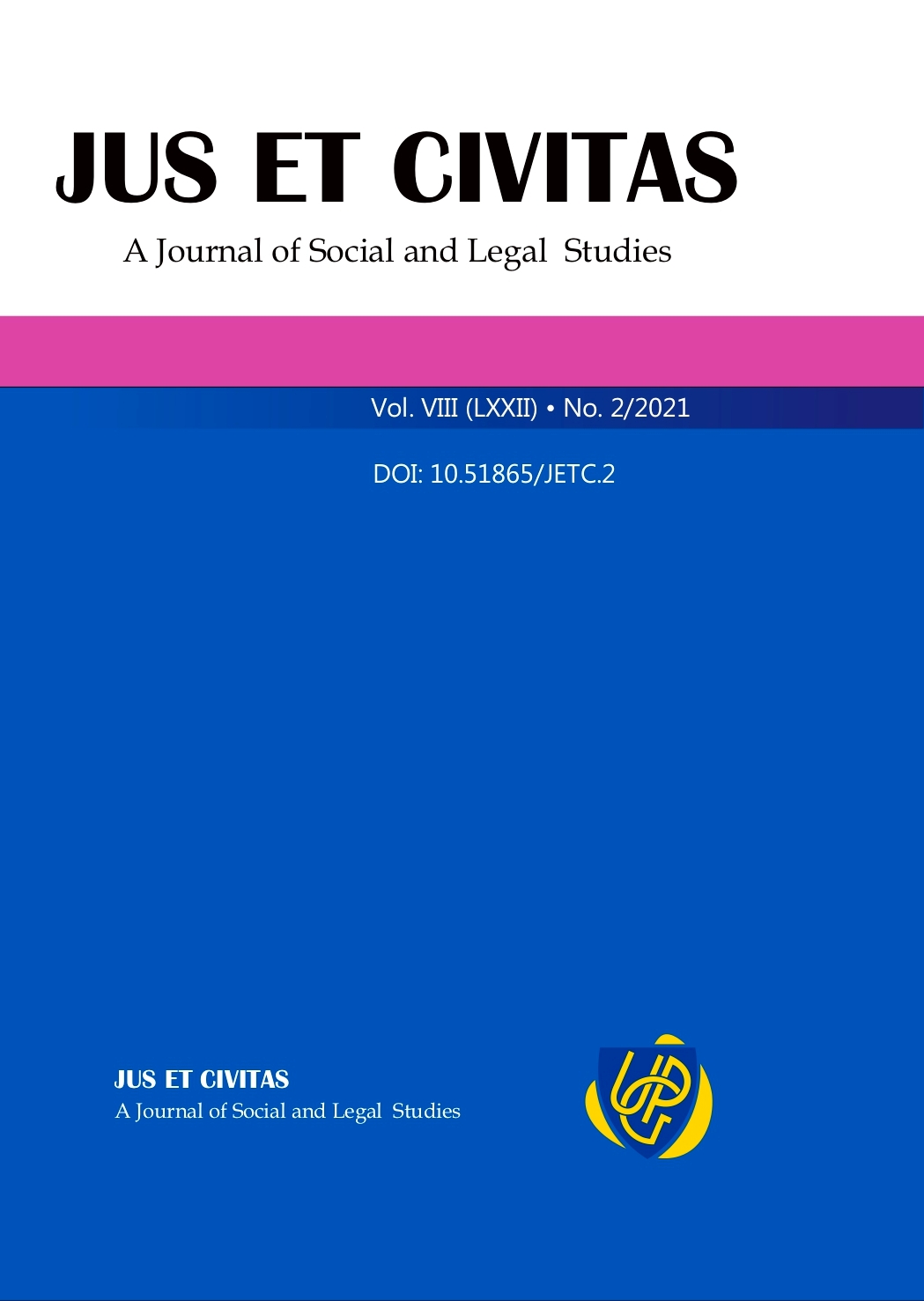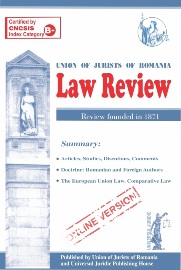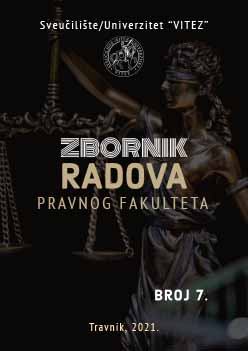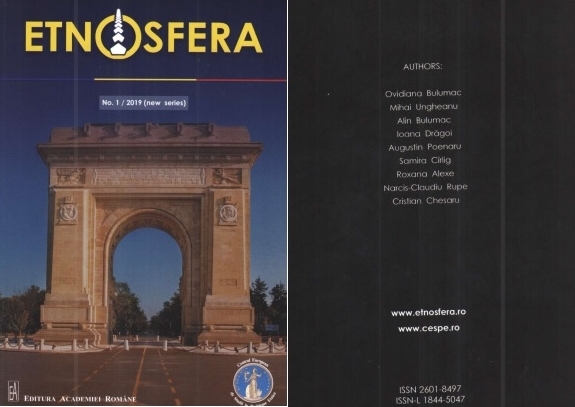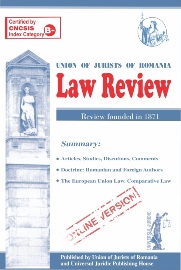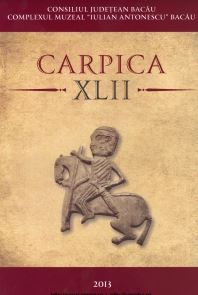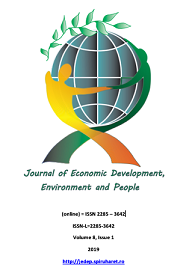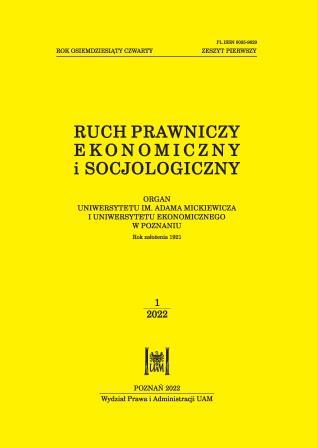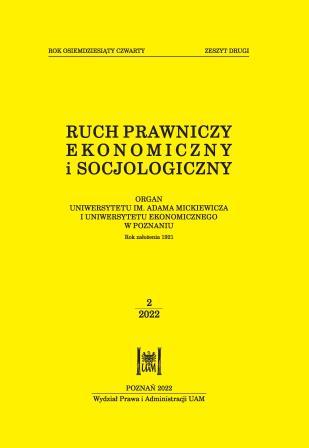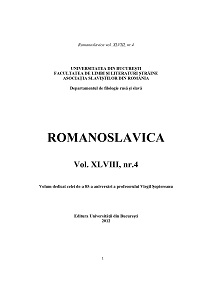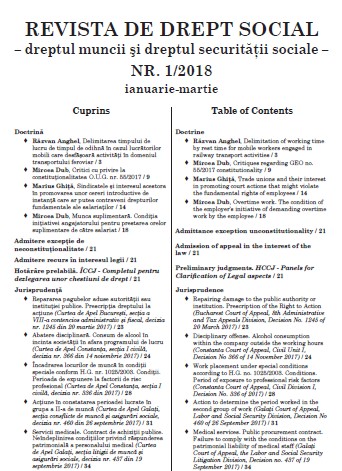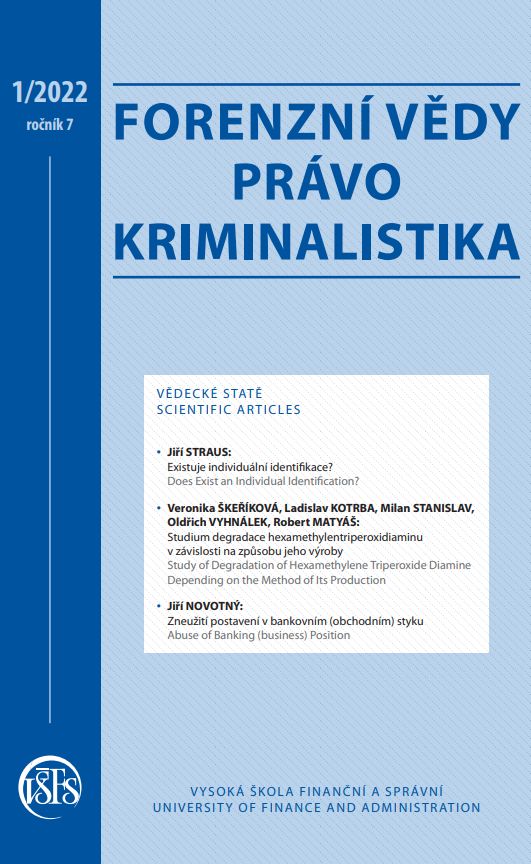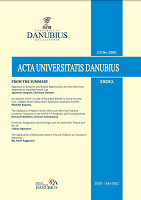
The Adequacy of Nigeria, South Africa and Other Sub-Saharan Countries’ Response to the COVID-19 Pandemic and Unemployment
The measures taken by the governments of the sub-Saharan states, especially in Nigeria and South Africa, in a bid to curb the spread of the dreaded corona virus (COVID-19) are discussed in this article. It is submitted that measures such as social distancing and lockdown of businesses exacerbated the existing problem of unemployment in sub-Saharan countries. Accordingly, this article analyzes the adequacy of the relevant laws and policies that were adopted by the governments of selected sub-Saharan African countries, namely, Nigeria and South Africa in a bid to stimulate the economy and to reduce unemployment in the wake of the COVID-19 pandemic. Nigeria and South Africa were selected because they are amongst the largest economies in sub-Saharan Africa. The authors argue that the governments of Nigeria and South Africa should adopt and enforce pragmatic policies that are backed by appropriate legislation to combat the huge unemployment rate which was worsened by the advent of COVID-19. The article highlights that the problem of unemployment in Nigeria and South Africa must be addressed through adequate review of the employment policies, finance policies, educational curriculum and other related policies. It further recommends the review of the empowerment and socio-economic policies of these countries in order to prevent restlessness, riots and poverty-related protests that are induced by massive unemployment of the youth, women and other marginalized persons in Nigeria and South Africa.
More...
